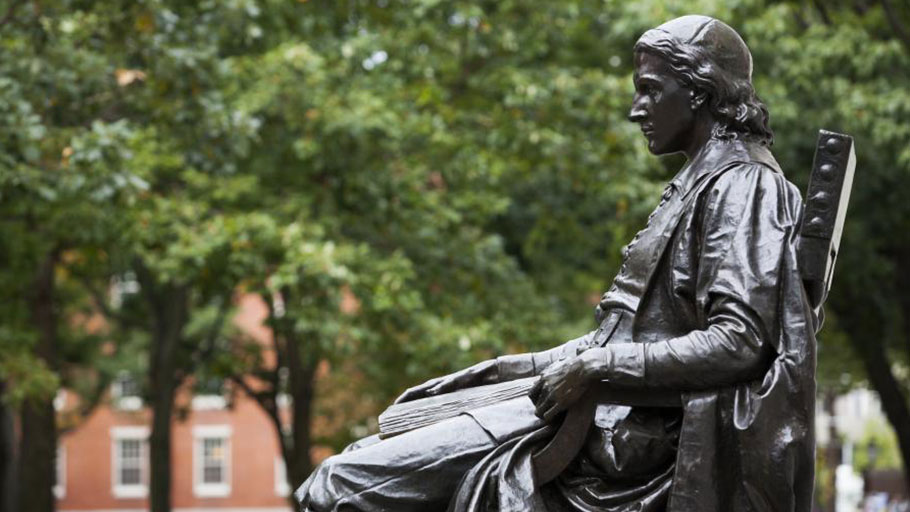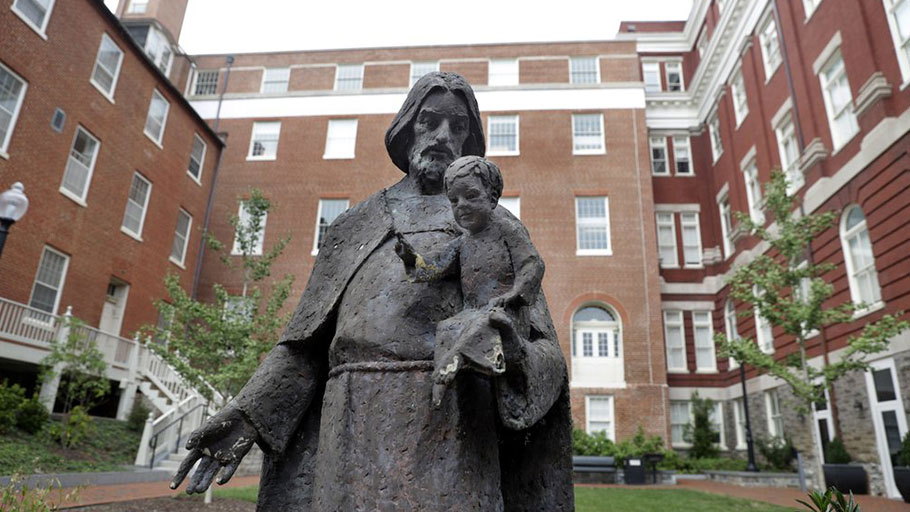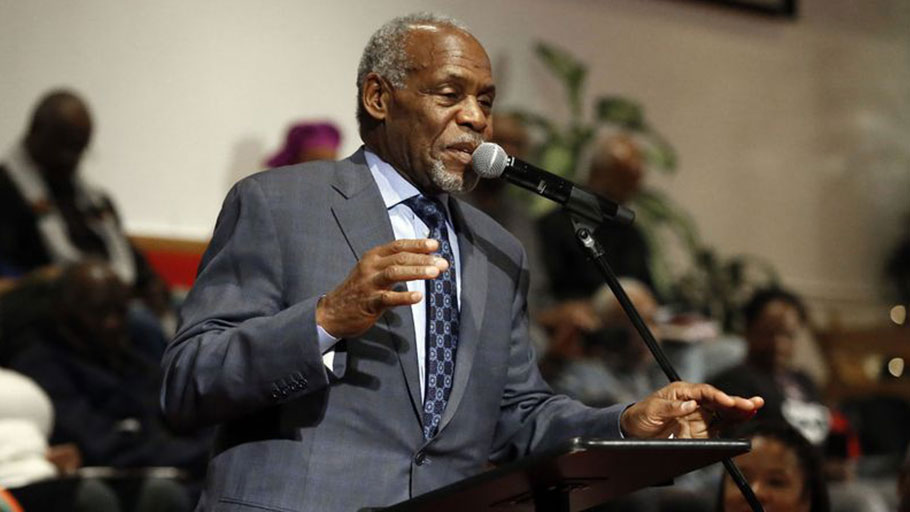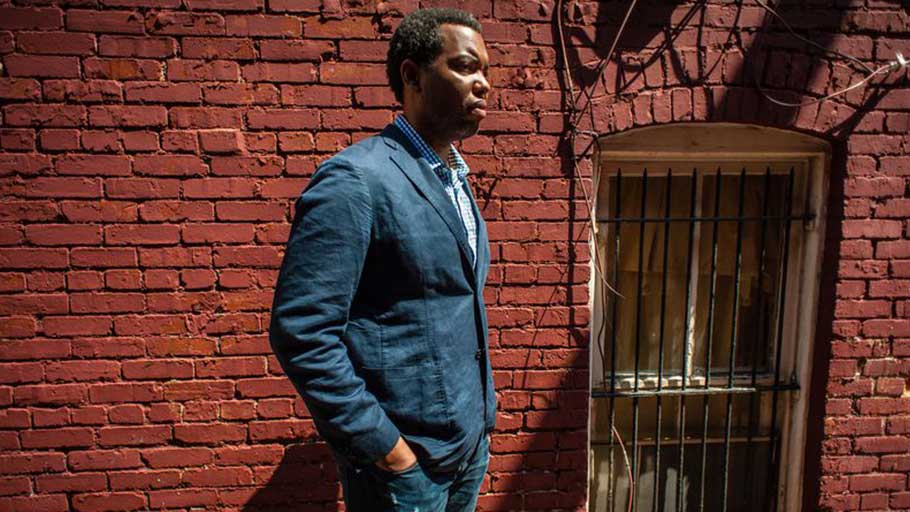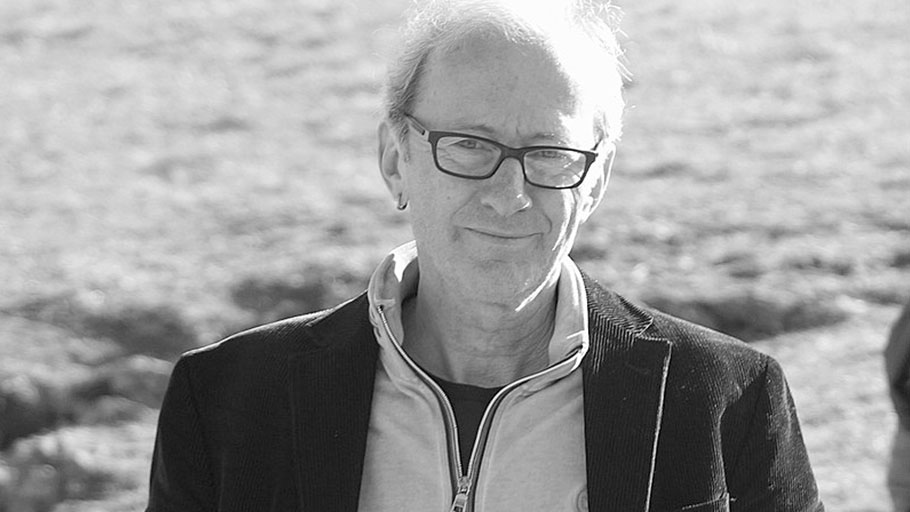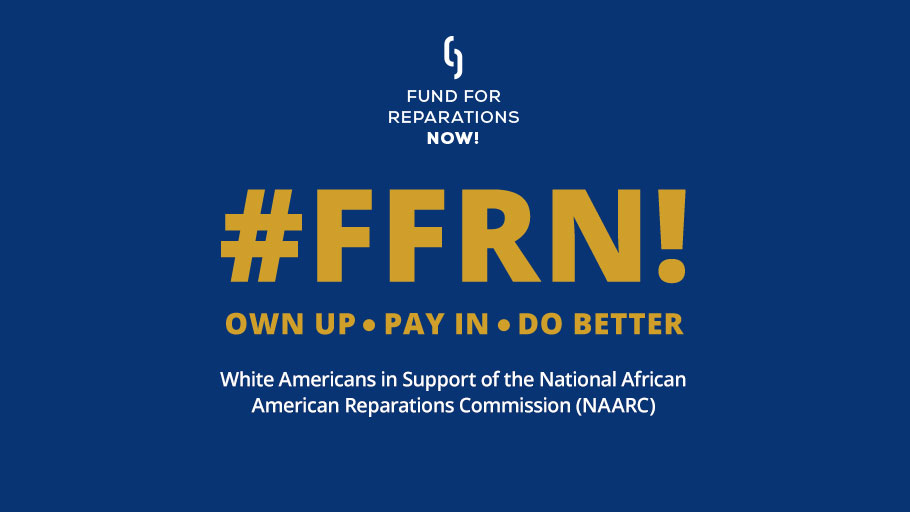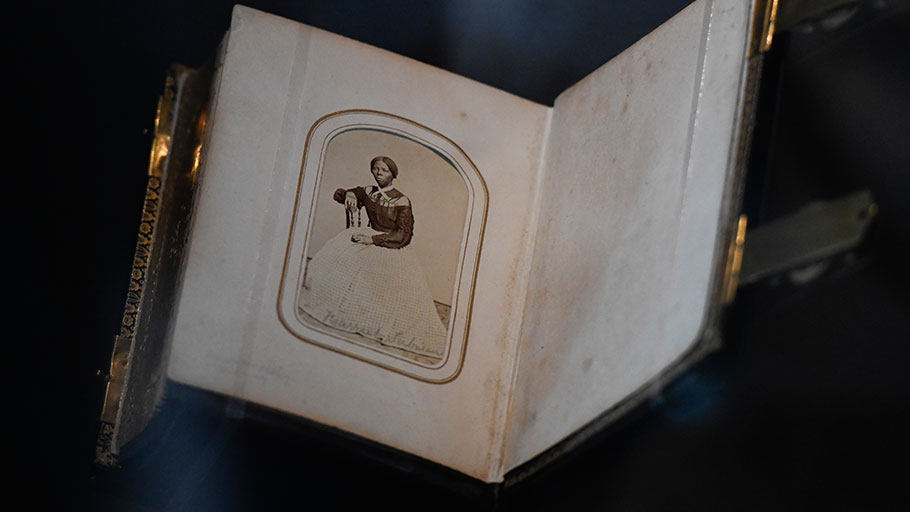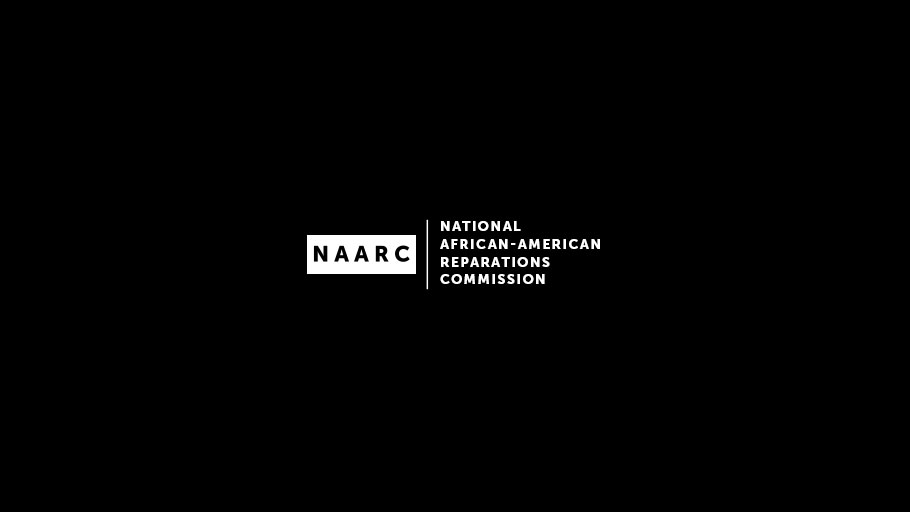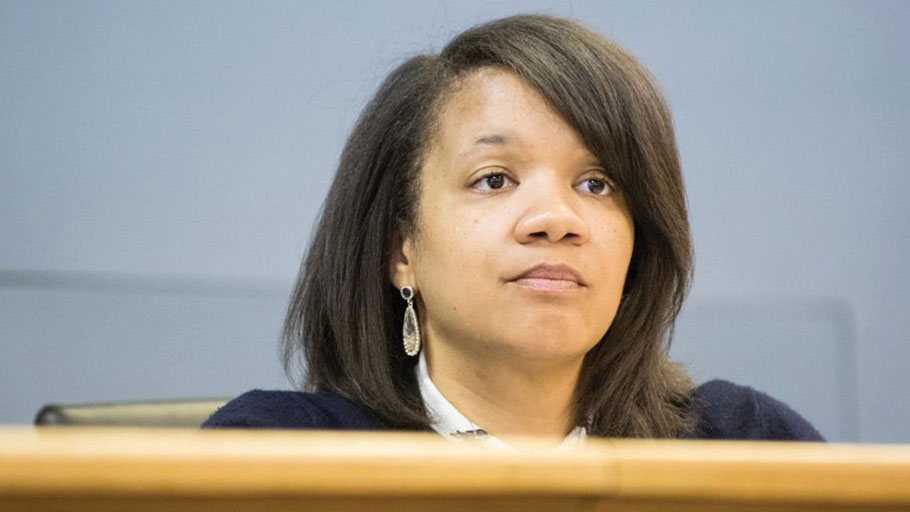
Union for Reform Judaism declares its support for reparations for the descendants of slaves in the US. By Ben Sales, TGA — The Reform movement declared its support for reparations for African-Americans at its biennial conference. The resolution, which was approved Friday by voice vote at the 5,000-person gathering of the Union for Reform Judaism, calls for “a federal commission to study and develop proposals for reparations to redress the…

